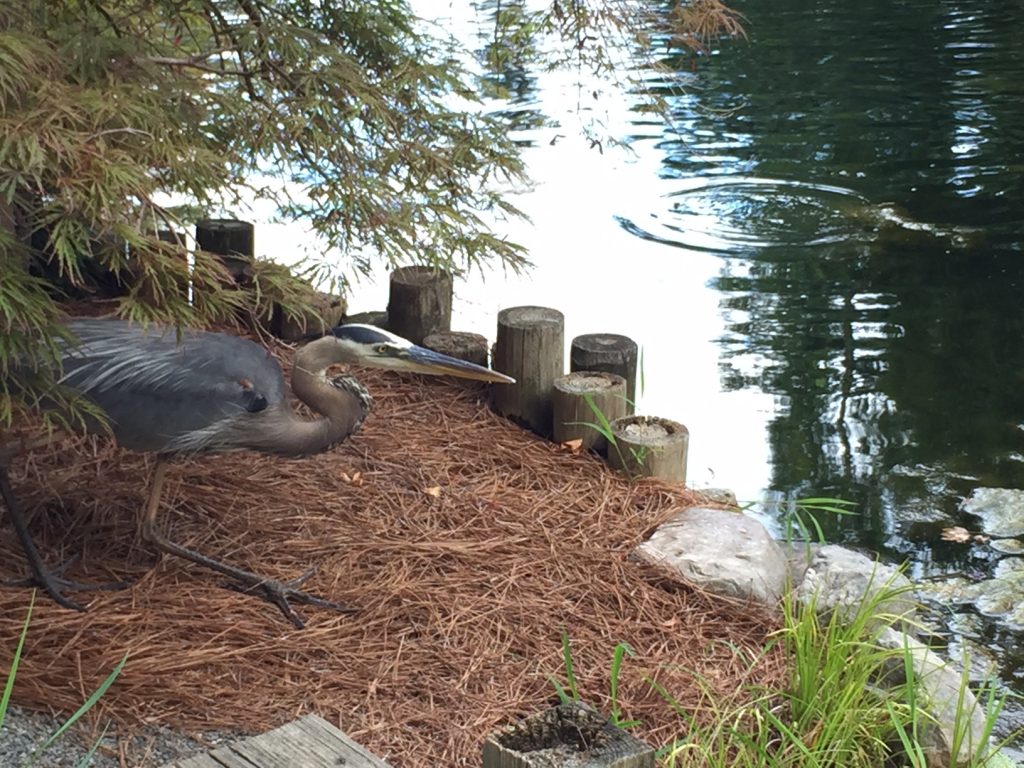The beloved Zen teacher Thich Nhat Hanh originated the idea of “mindfulness bells,” things that crop up naturally in our lives that we can set as reminders to bring ourselves back to the present moment, such as the ringing of a phone. In my three-year retreat, I wrote about a potentially deadly mindfulness bell that was hard to avoid within the retreat compound, and thus really got our attention.
Mindfulness is how we develop equanimity, but today we are going straight to equanimity itself, and how we can use specific situations that are not only inevitable but also tend to trigger emotional reactions that disturb our peace of mind. I’m sure you can identify others, but today we’ll just start with two: the weather, and stoplights.


